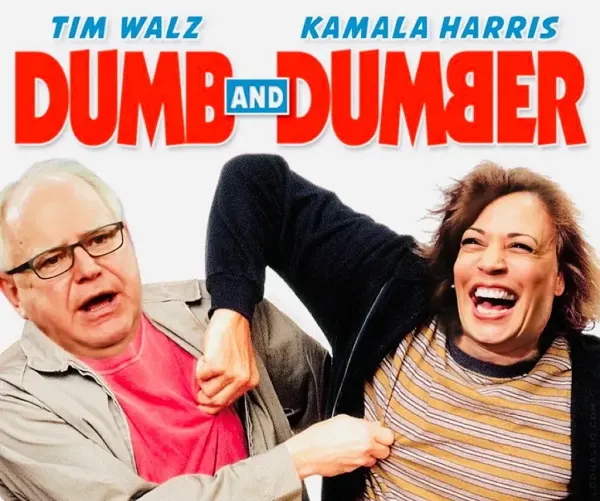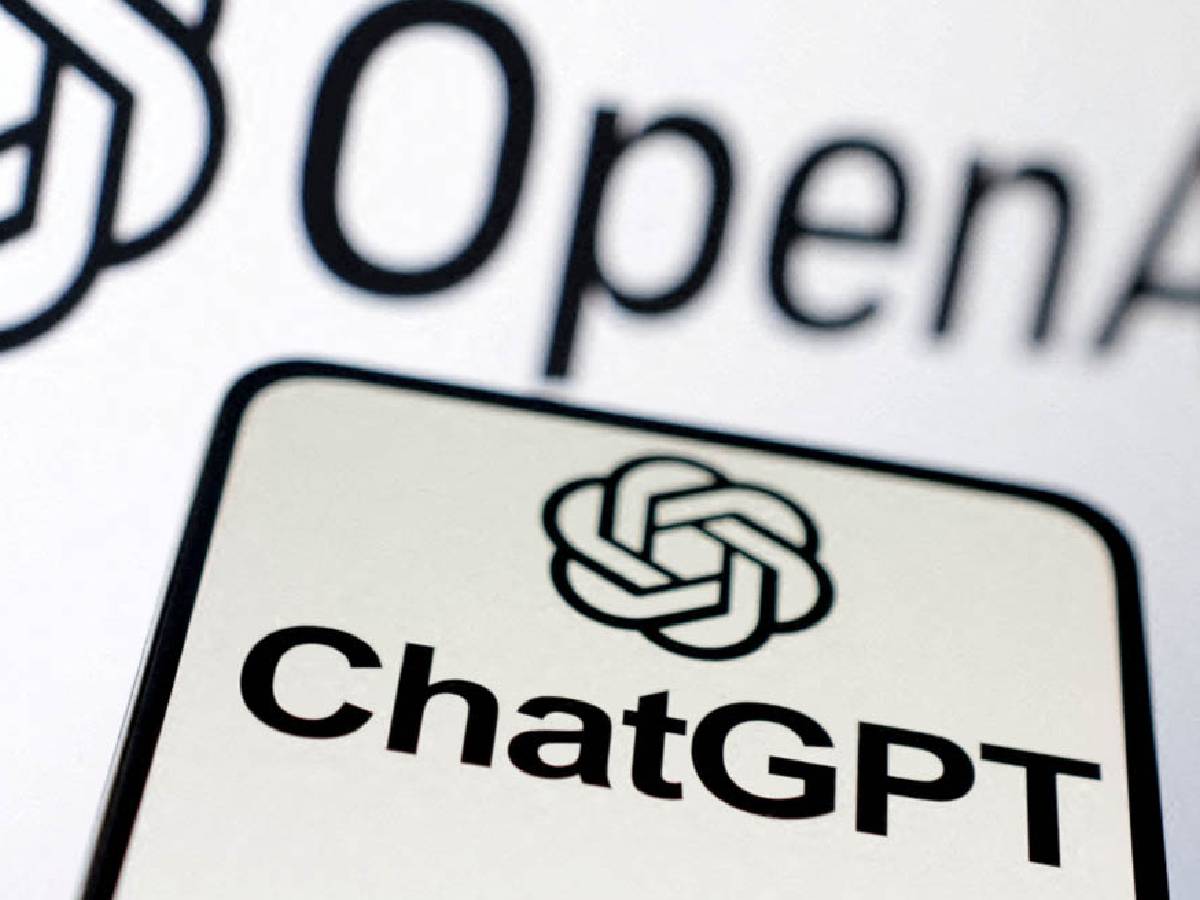Meta’s anti-politics stance could end up causing it as many headaches as allowing political discussion, with more questions being raised as to how the company decides what’s “political” and what’s not, and how that impacts the user experience.
This week, Meta’s independent Oversight Board has raised questions about Meta’s over-enforcement of its posting rules, after a post which included this image was removed from Facebook:

As per the Oversight Board:
“In August 2024, a Facebook user posted an altered picture based on the poster for the 1994 comedy film “Dumb and Dumber.” In the altered image, the faces of the original actors are replaced by the U.S. presidential candidate, Vice President Kamala Harris, and her running mate, Minnesota Governor Tim Walz. The content was posted with a caption that includes the emojis “????♂️????????.” Meta initially removed the user’s post from Facebook under its Bullying and Harassment Community Standard, which prohibits “derogatory sexualized photoshop or drawings. After the user appealed Meta’s decision to remove their content to the Board, the Board brought this case to the company’s attention. Meta then determined its removal was incorrect, restoring the post to Facebook.”
In the summary of its findings, the Oversight Board notes the “overenforcement of Meta’s Bullying and Harassment policy with respect to satire and political speech”, and the dangers that such may pose in the context of an election, “as it may lead to the excessive removal of political speech and undermine the ability to criticize government officials and political candidates, including in a sarcastic manner.”
So, in this case, Meta didn’t specifically note that it was removed due to its clampdown on political speech. But the concern is that Meta’s anti-politics push could restrict users’ ability to discuss world events, and politics specifically, because of Meta’s ramped up enforcement of such content.
The same also applies to Meta’s Twitter competitor Threads, which has also been widely criticized for avoiding political content. With the U.S. election a key focus at present, just days out from the poll, Threads should logically feature a lot more political content, in reflection of the news of the day, but Meta’s stated aversion to such is restricting real-time discussion of some of the most critical news of the moment.
That’s likely to impede Threads growth as a key news channel, which was central to Twitter’s appeal. Under Elon Musk, Twitter (now X), has leaned further into right-wing conspiracy theories and support for the Republican agenda, which has left many seeking an alternative source of up-to-the-minute coverage of the latest political news.
Threads, at this stage, is failing on this front, which could eventually force Meta to re-think its suppression of political content, at least at Threads context.
There’s also a question, again, as to what Meta’s considers to be “political”, with the company remaining vague in its descriptions of its parameters.
Indeed, some Threads users have complained of being censored in the app for posting anything at all about political candidates:
That’s prompting a growing backlash in the app in regards to its heavy-handed enforcement, which again points to concerns for its future growth.
And yet, even as it moves away from political and news content, governments are still trying to devise ways to make Meta pay news publishers.
In Australia, the government is considering revisions to its controversial “Media Bargaining Code” which could see Meta and Google forced to pay a tax that would then funnel revenue to publications “to fund public interest journalism.”
Australia’s Media Bargaining Code was originally implemented to ensure that online platforms pay local publishers for the benefit that they glean from users engaging with news content in their apps. But Meta has long argued that the very basis of this equation is wrong, as its Meta’s apps that deliver benefit to publications, and not the other way around.
As a result of this, and other similar pushes in various nations, Meta has shut down news publishers entirely in both Australia and Canada to illustrate its point, while that’s also one of the key factors that’s led to its broader moves to de-prioritize news content entirely, in order to avoid such conflicts.
Instead, Meta’s now deriving far more engagement from entertainment-based content, primarily via Reels, which are now being pushed to users via AI-based recommendations at a record high rate. So Meta literally doesn’t need news content, yet governments continue to seek ways to force the company to pay up, even as it enacts this broader strategic shift.
So is it worth it then for Meta to avoid politics, in order to limit backlash and regulatory scrutiny?
In the context of Instagram I can see it, and Facebook as well to some degree, and the engagement numbers from both suggest that they’re doing just fine with less political discussion.
But as a real-time social app, which Threads is aiming to be, I’m not sure it’s viable to limit certain discussions, and definitely not within vague parameters which remain unclear to users.
It was journalists and news breakers that elevated Twitter, and those are the same people that Meta needs to have posting to Threads. And with only a fifth of Twitter users ever posting anything at all, there’s only a finite number of contributors that Meta can alienate before it comes off the rails.
Maybe Meta will change its tune after the election, but right now, the questions around its enforcement of such are rising, and could become a bigger concern.




















 English (US) ·
English (US) ·